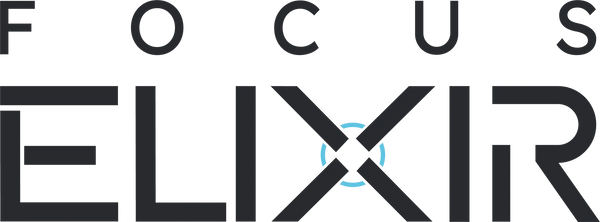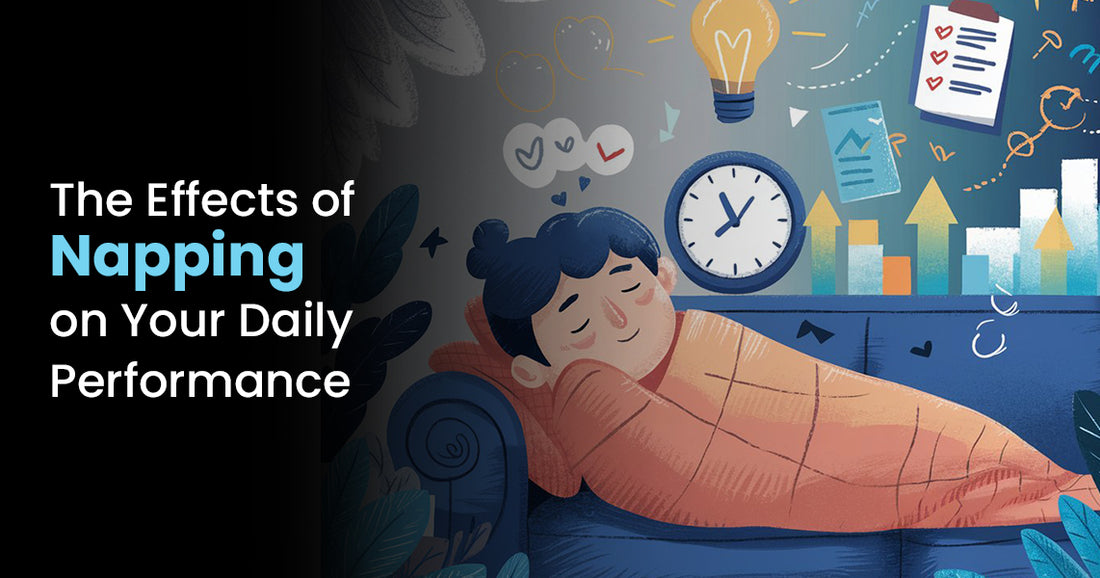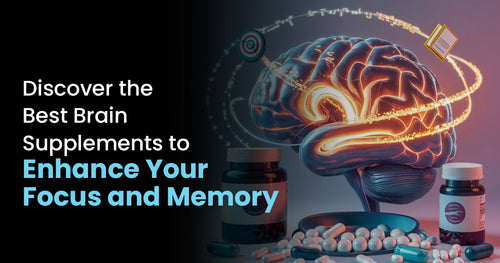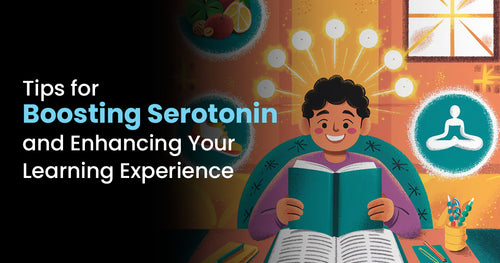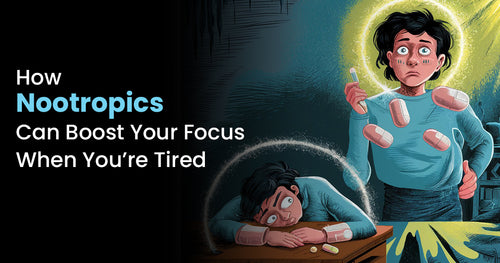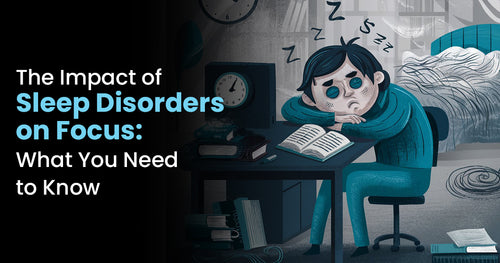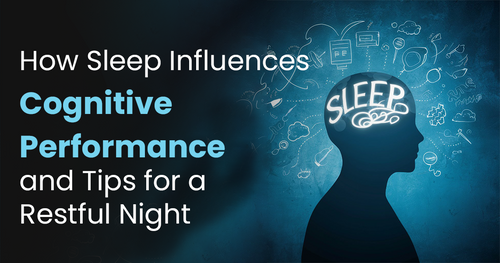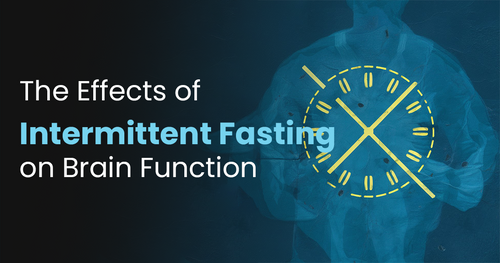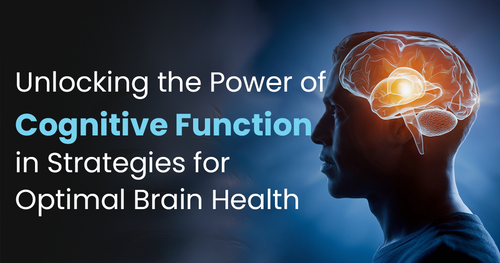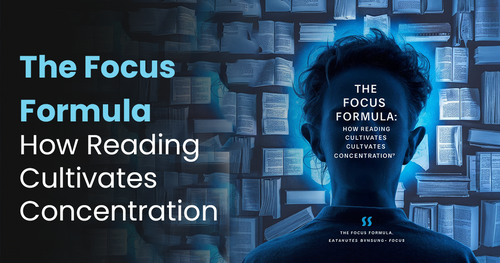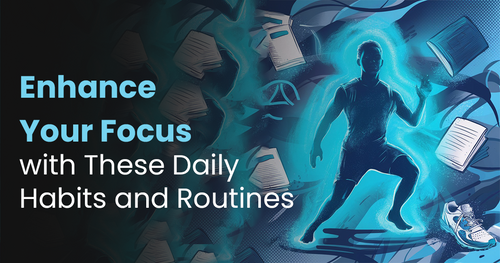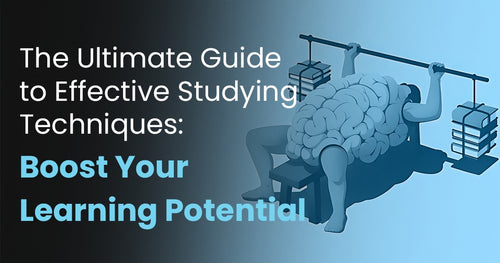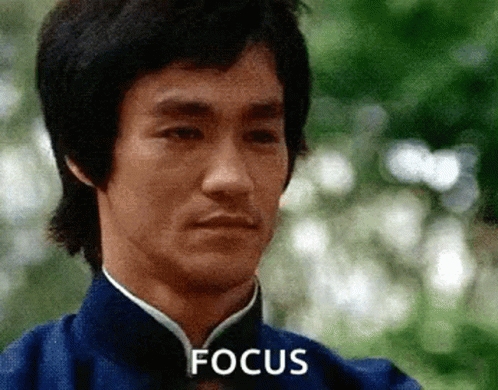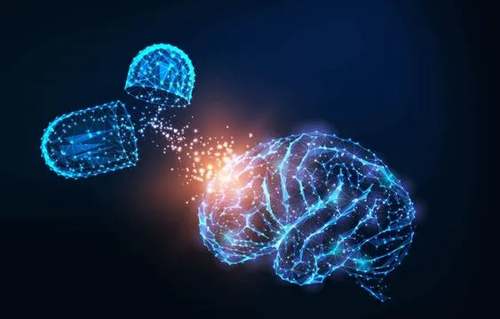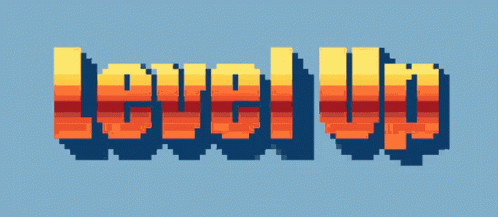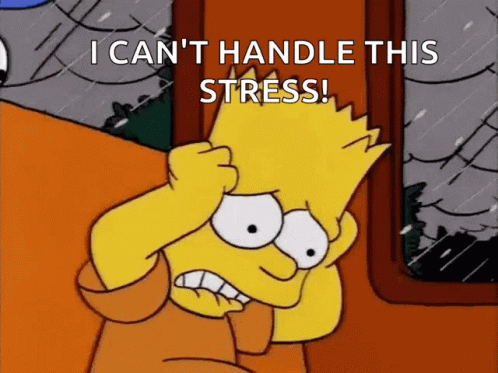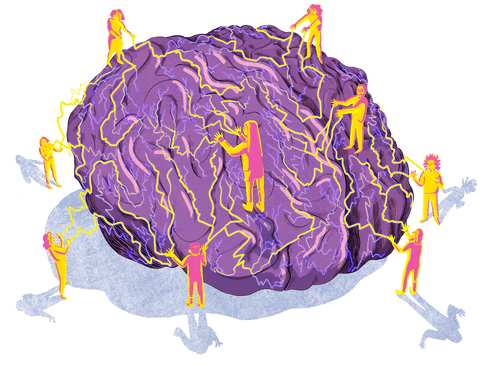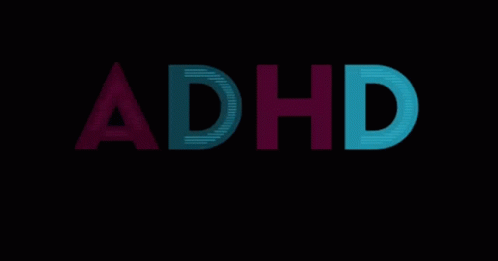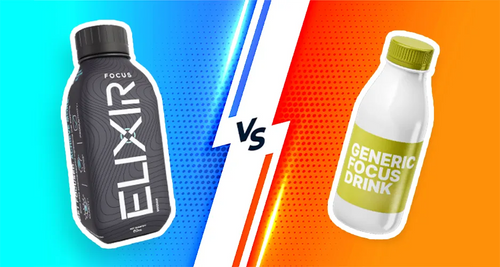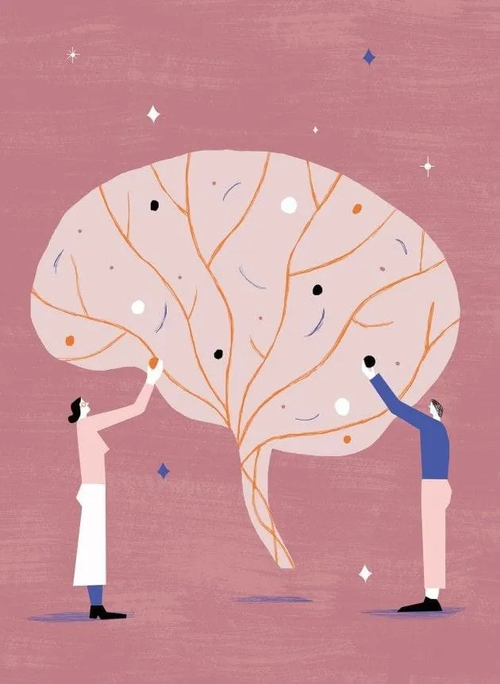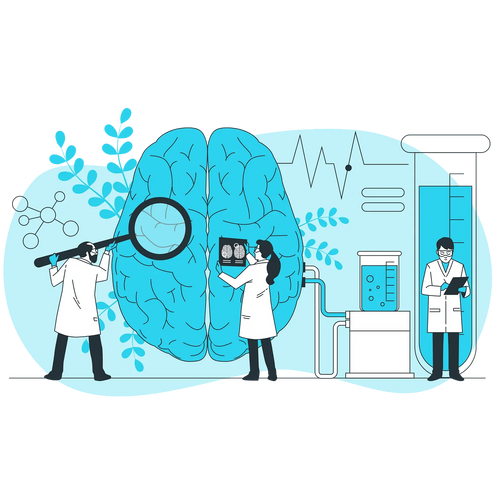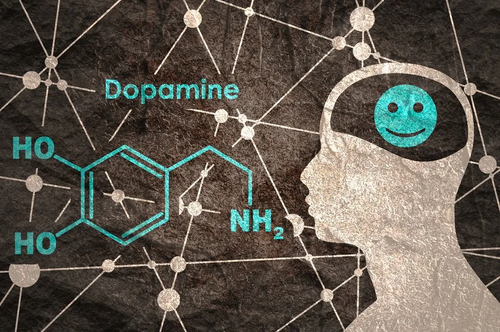Napping, often viewed as a luxury or even a sign of laziness, is actually a powerful tool that can significantly improve daily performance. Far from being just a way to catch up on lost sleep, napping offers numerous benefits, from enhancing cognitive functions to boosting mood and creativity. This article explores the effects of napping on daily performance, the science behind it, and how to make the most out of a short snooze.
The Science of Napping
Our bodies are naturally programmed for two periods of intense sleepiness: in the early morning (around 2-4 am) and in the early afternoon (around 1-3 pm). This second dip is often due to our circadian rhythms—natural cycles that dictate our sleep-wake patterns. Even if we get a full night’s sleep, this afternoon dip can still occur, making us feel drowsy or sluggish. A nap can help counteract this and restore alertness.
Research has shown that even a short nap can have a profound impact on cognitive functions. A study published in Nature Neuroscience found that a 10-20 minute nap can improve alertness and performance without causing sleep inertia—the grogginess that often follows longer naps. Longer naps, such as 60 minutes, can enhance memory and learning because they include slow-wave sleep (deep sleep stages), which is vital for memory consolidation. However, these longer naps can result in more significant sleep inertia.
The Benefits of Napping
-
Enhanced Cognitive Function: Naps have been proven to improve various aspects of cognitive performance, including attention, problem-solving, and logical reasoning. This is especially important for professionals who need to remain sharp throughout the day. A short power nap can help reset the brain and improve concentration levels.
-
Improved Mood and Emotional Regulation: Fatigue often makes people irritable, anxious, or even more sensitive to stress. A nap can provide a quick reset for the brain, helping to regulate emotions better. A well-timed nap can lead to better mood stability and a more positive outlook on the day’s challenges.
-
Increased Productivity and Creativity: Taking a nap can boost creativity by enhancing problem-solving abilities and stimulating new ideas. Studies suggest that naps can lead to better performance in creative tasks and innovative thinking by allowing the brain to make novel connections between ideas.
-
Physical Recovery and Performance: Naps are not just beneficial for the brain; they also help the body. Athletes, for example, often use naps to enhance physical performance by reducing fatigue, improving reaction times, and promoting muscle recovery. A brief nap can also help reduce muscle tension and aid in faster recovery from strenuous activities.
The Right Way to Nap
While napping can offer several benefits, the effectiveness of a nap depends largely on its duration and timing:
- Power Nap (10-20 minutes): The ideal duration for a quick boost in alertness and energy. It is long enough to refresh the mind without causing grogginess.
- Mid-Length Nap (30 minutes): This nap can result in some sleep inertia, making one feel groggy upon waking. It is less common but can still provide a boost once the initial grogginess wears off.
- Long Nap (60-90 minutes): These naps include REM sleep, which enhances creativity and emotional resilience. They are perfect for individuals who didn’t get enough sleep at night but should be timed to prevent interfering with nighttime sleep.
The best time to nap is typically in the early afternoon, ideally between 1:00 and 3:00 pm. This timing aligns with the natural circadian dip in alertness and minimizes the risk of nighttime sleep disruption.
Conclusion
Napping is far more than just a midday break; it is a scientifically-backed practice that can dramatically enhance daily performance. From improving cognitive function and creativity to boosting mood and physical recovery, the benefits of napping are numerous and varied. By understanding how to nap effectively—choosing the right duration and timing—one can harness the full power of napping to improve productivity and overall well-being. So, the next time you feel a slump coming on, consider taking a short, strategic nap to recharge your body and mind.
